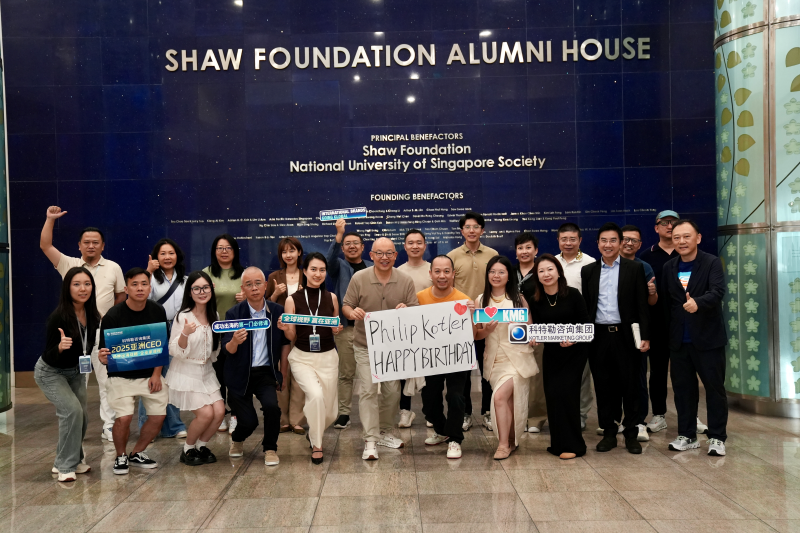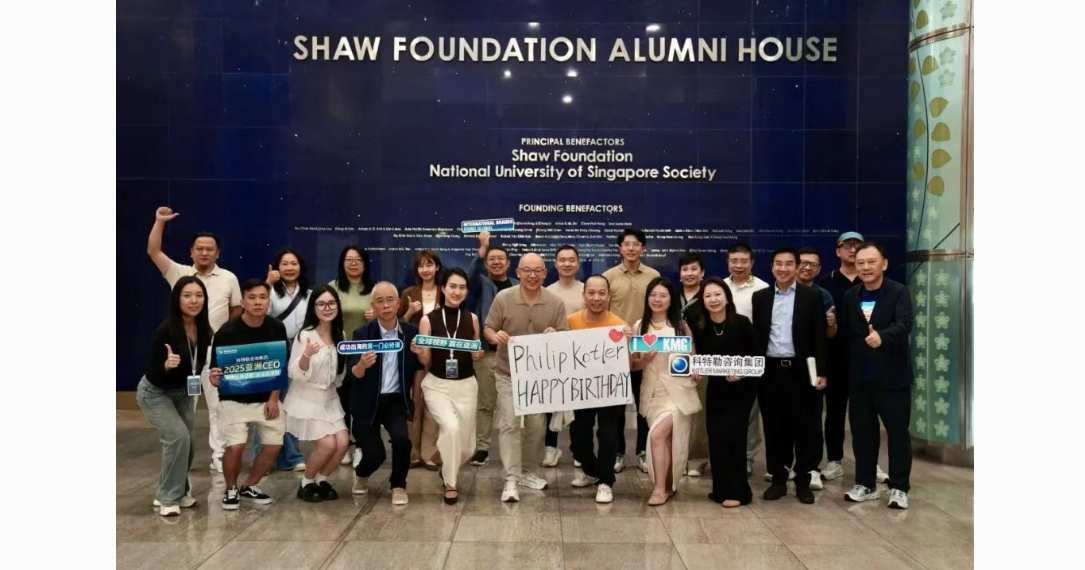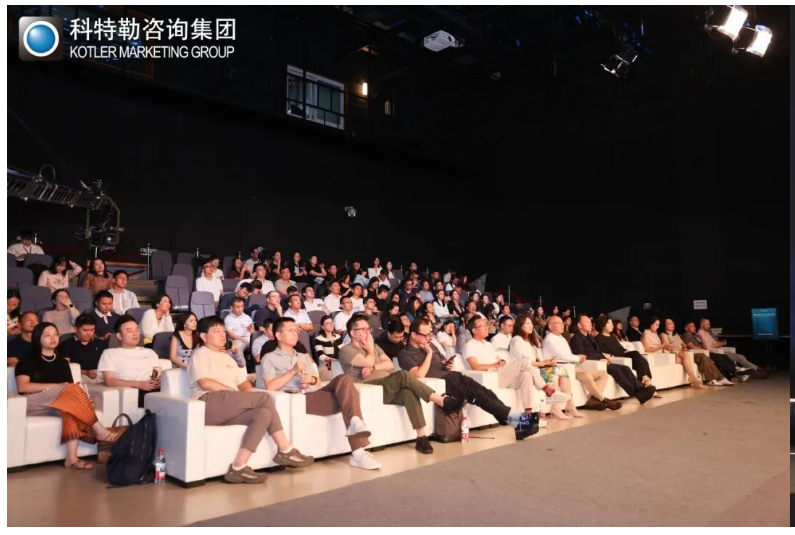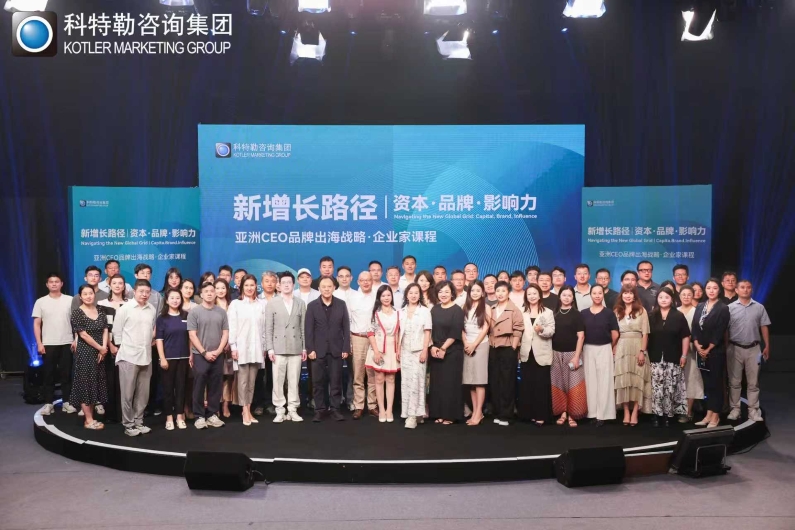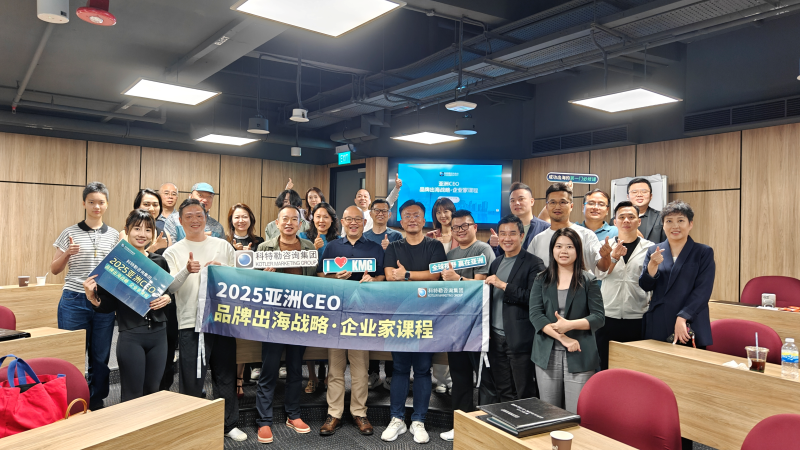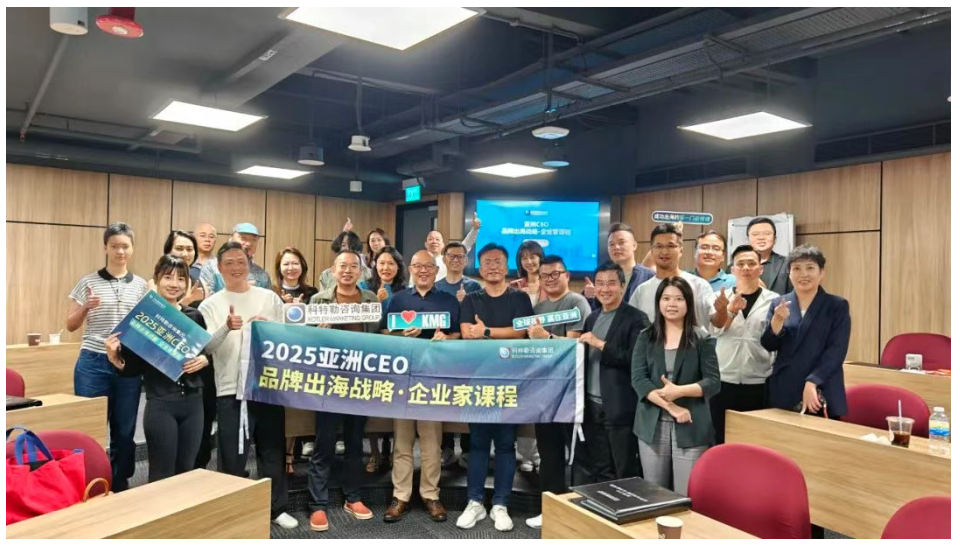1. Brand Leadership with Purpose – Prof. Kevin Lane Keller
Winning brands balance Points of Parity (POP) to stay relevant and Points of Difference (POD) to stand out. They act as “category creators,” not commodities—building trust and rich consumer experiences across touchpoints, as exemplified by Coca-Cola, Disney, and McDonald’s.
2. Winning Global Brand Strategy – Dr. Hu Cao
Dr. Cao unveiled a four-stage Brand Growth Roadmap: from niche player to category leader. Using cases like Rolex, Nike, and Liquid Death, he demonstrated how to build brand equity through customer-centricity, AI-powered personalization, and lifetime value optimization.
3. Cracking the Southeast Asian E-Commerce Code
Experts from Shopee, Momentum Works, and seasoned executives highlighted key trends:
-
Price sensitivity and buy-now-pay-later adoption are widespread.
-
Localization is non-negotiable—avoid bringing “a Ferrari onto a dirt road.”
-
Focus on mobile-first strategies; local teams and phased market entry improve adaptability.
4. Cross-Cultural Negotiation – Prof. David Zhao
Culture is an iceberg—surface behaviors hint at deep values. Effective negotiators adapt styles across cultures (e.g., consensus-seeking in China, rule-based in Germany) without stereotyping.
5. ASEAN Market Strategies –Mr. Iwan Setiawan
Southeast Asia demands a dual strategy: serve the premium segment with experience-led branding and the mass market with affordability. Micro-influencers (KOCs) and omnichannel presence are key to trust and penetration.
6. AI-Powered Globalization – Dr. Haoyu Dong
AI excels in repetitive tasks (content generation, data analysis), but humans remain essential for strategy, emotional insight, and refining AI output from good to exceptional.
7. New Opportunities in Gaming and E-Sports - Dr. Zhao SiYuan
With 3.4 billion gamers globally, e-sports represent a powerful cultural connector—especially among youth in SEA and Latin Am—offering brands unique avenues for community-building and cultural integration.
8. Expansion Models That Work
Leaders from YY Group shared scalable approaches: use Singapore as a springboard into SEA, adopt asset-light market testing, and empower local teams for faster execution.
